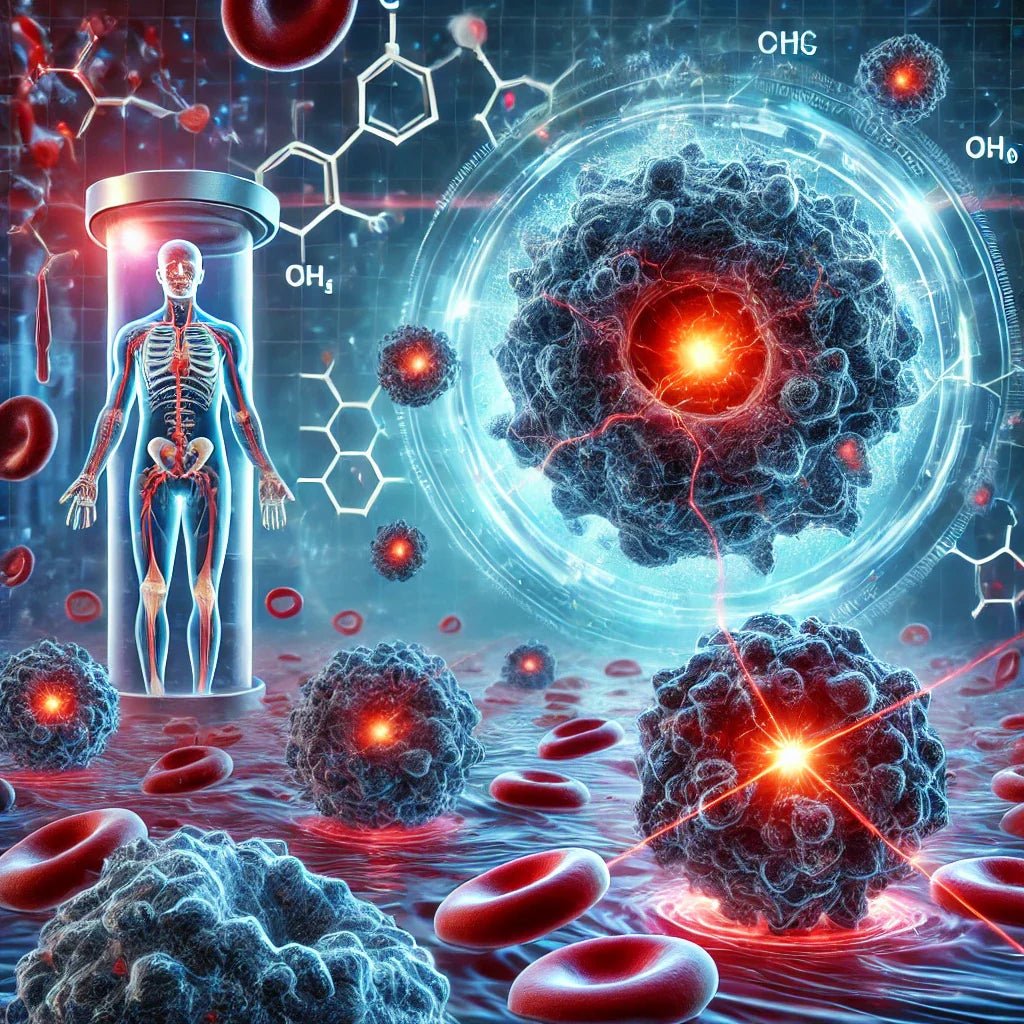Sleep plays an extremely important role in our health and a well-functioning body, and according to reports from the European Sleep Research Society (ESRS), approximately 30-45% of adults experience periodic sleep problems, such as insomnia, difficulty falling asleep. , night awakenings, etc. Data on sleep problems in Poland show similar trends. Research conducted over the past five years suggests that sleep also has a significant impact on cancer prevention.
- Not getting enough sleep may be linked to a higher risk of developing certain types of cancer, both benign and malignant. According to research by the American Cancer Society, short sleep and sleep disorders may increase the risk of breast, colon and prostate cancer.
- Melatonin, a hormone that regulates circadian rhythm and sleep, has been identified as a potential protective factor against cancer. Research suggests that high levels of melatonin in the body may reduce the risk of developing certain cancers, such as breast cancer and colon cancer.
- Sleep disorders may weaken the immune system, which may increase susceptibility to the development of cancer. Studies have shown that inadequate sleep can lead to a reduction in the activity of immune system cells responsible for fighting cancer cells.
- Poor sleep can lead to metabolic disorders such as insulin resistance and obesity, which in turn are associated with a higher risk of certain types of cancer, including breast, pancreatic and colorectal cancer.
Additionally, the quality of sleep affects disorders throughout the body, it is worth familiarizing yourself with them to motivate yourself to change this area of your lifestyle! Let's remember that depending on genetic predispositions, the first symptoms of sleep deprivation may appear at different levels of the body...
- Lack of sleep or an inadequate amount of sleep has been linked to an increased risk of heart diseases such as hypertension, coronary artery disease, stroke and heart failure.
- Poor quality sleep can lead to deterioration in cognitive functions such as concentration, attention, memory and cognition. Reduced sleep can affect cognitive processes that are important for learning, work and overall mental functioning.
- Lack of sleep is associated with a greater risk of depression, mood disorders and poor mental well-being.
Taking care of regular and quality sleep may be an important element of cancer prevention. Let's try to maintain healthy sleep habits, such as a regular bedtime routine, creating a favorable sleep environment, and avoiding factors that can disturb sleep. Remember that sleep plays a key role not only in your overall physical well-being, but also in your mental well-being!
In the next article - How to ensure better sleep? Solutions for problems with falling asleep or waking up during the night!
AUTHOR:
Zuzanna Pilipiuk
SENSORY INTEGRATION THERAPIST, PHYSIOTHERAPIST, SPEECH THERAPIST
BIBLIOGRAPH:
- American Cancer Society (ACS). (2021). Sleep and Cancer Risk.
- Brzecka, A., Lesicki, A., Epistolio, S., & Gobbi, M. (2018). The relationship between melatonin and cancer. Advances in Hygiene and Experimental Medicine, 72(0),
III. Cappuccio, FP et al., Sleep duration and all-cause mortality: a systematic review and meta-analysis of prospective studies, European Heart Journal, 2011
- Lim, J. & Dinges, D.F., A meta-analysis of the impact of short-term sleep deprivation on cognitive variables, Psychological Bulletin, 2010
Author: Zuzanna Pilipiuk
SENSORY INTEGRATION THERAPIST, PHYSIOTHERAPIST, SPEECH THERAPIST






